ABOUT SOLAR GREEN POWER
The virtues of supplementing your plants with silica is generally well understood by the growing community. At Buddhas Tree we consider it to be an essential part of any nutrient regime. So what is the new understanding and new innovation? Why Solar Green Power over another silicon product? The answer to all three ultimately lies in the form of silicon that enters the plant. Silicic acid is the simplest most soluble basic form of silica. In nature plants uptake silicon in this purest form of silicic acid from the soil where it naturally occurs. It is also the only form of Silica that is directly available to all of the plant and its biological systems.
For some time there has been a number of Silica/Silicone based nutrient additives available on the market containing different types of soluble silica. Some for example are potassium silicate and others of a similar nature. Whilst these provide some benefit, by their nature it is understood that these forms of silica and their usability and absorption by the plant are limited. Only a small proportion is available to the plant and it isn’t as easily trans-located around. This impacts on their effectiveness.
So why not supplement your plants with pure Silicic acid right? Until now , the reason it hasn’t existed comes down to a quandary of bio-chemistry. Silicic acid by nature is very changeable and readily converts again into other forms of silica. This is not the case with Buddhas Tree Solar Green Power. The innovation and skill of our bio-chemist have come together once again to solve this problem and we are proud to offer our pure silicic acid nutrient supplement that is stable, safe and of the highest quality. Buddhas Tree Solar Green Power is the only silicon nutrient supplement that the plant can truly make maximum use of.We have a deeper understanding of silicon now, more than ever before, and we are benefiting from these new understandings. Buddhas Tree want to bring the benefits of that to our growers with our new product Solar Green Power and help you unlock the full potential of silicon and benefit from its inclusion into your feeding regime.
SILICON & SUN POWER
Photosynthesis is the engine of the plant and indeed life. The leaf is essentially a solar panel. The underside of which also serves to capture the CO2 gas in the air and as it rises from the root zone . The better that panel is presented to the light, the more efficient it will prove in capturing usable sunlight, water and CO2. Silicon promotes perfectly formed leaves with excellent shape and symmetry, it strengthens the stem and holds that panel in perfect position. The plant is less likely to droop in warm conditions and more likely to maximize photosynthesis.
Silicon has been shown to result in higher concentrations of chlorophyll (The green pigment essential for photosynthesis) per unit area of leaf tissue and this means that the plant can tolerate either low or high light levels better by using light more efficiently. Moreover, good levels of plant available silicon are responsible for producing higher concentrations of the enzyme ribulose bio phosphate carboxylase in leaf tissue. This enzyme regulates the metabolism of CO2 and promotes more efficient use of the CO2 that is absorbed by the plant.
PLANT STRENGTH & CELL INTEGRITY
When the correct type of silica is available to the plant through root or foliar absorption, it is trans-located rapidly into the leaves of the plant and to the rest of the plant through the transportation stream in the Xylem (Main Stem). Silica is concentrated in the cells and epidermal tissue and the plant uses it to create a fine layer of silicon-cellulose . From root to tip, this has a huge strengthening effect on the plant cell walls and increases the integrity of plant tissue making for much stronger growth and all over plant structure.
It also encourages more uniformity and better symmetry of growth. Ultimately this makes for healthier, much sturdier plants capable of supporting more foliage and producing fruit with a larger bio-mass. Plants deprived of Silicon are often weaker structurally and also more prone to abnormalities of growth and development.




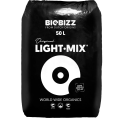

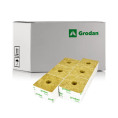





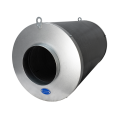
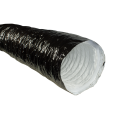
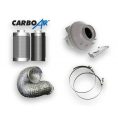


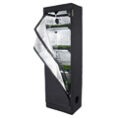
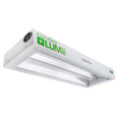
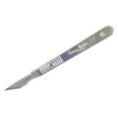
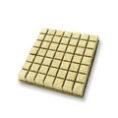




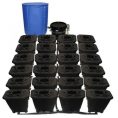



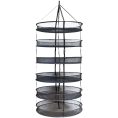



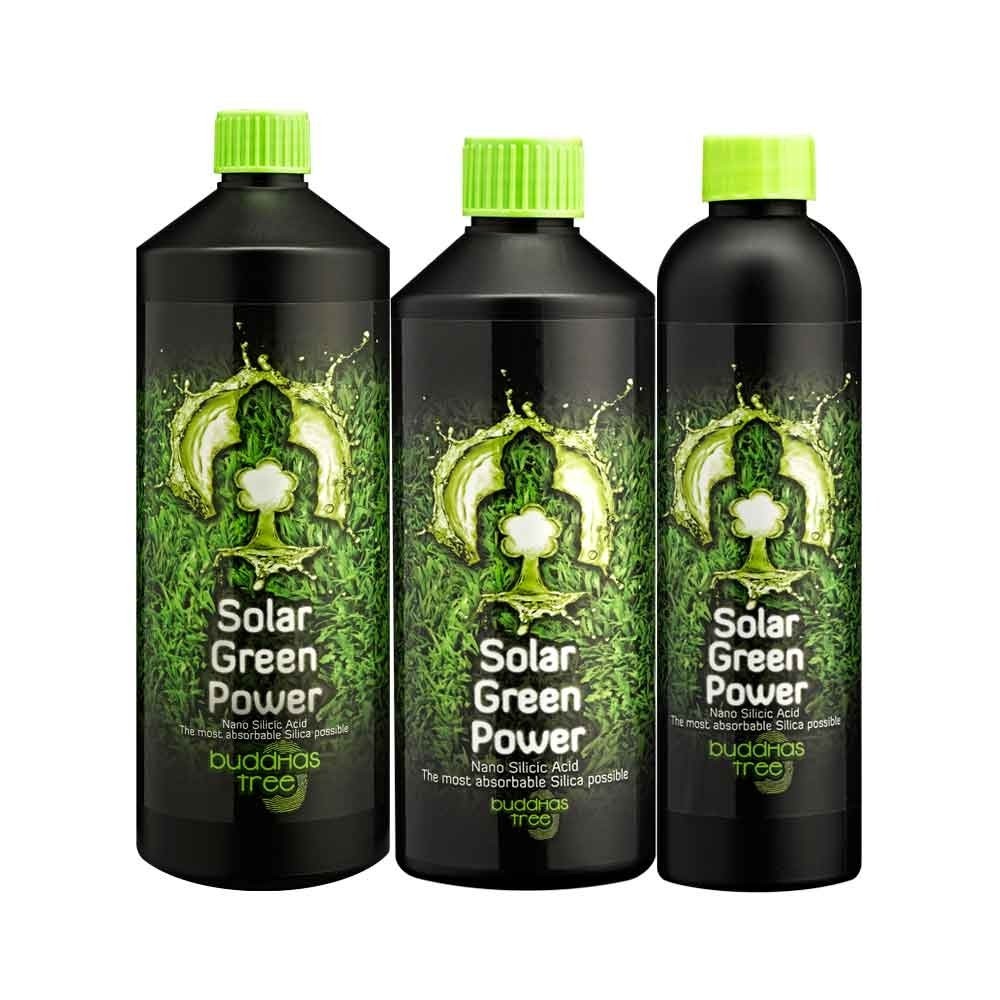
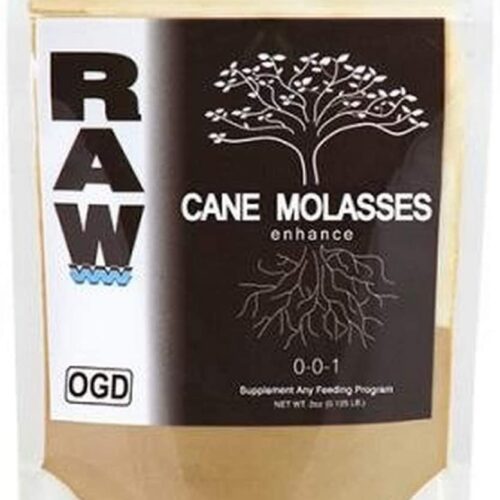





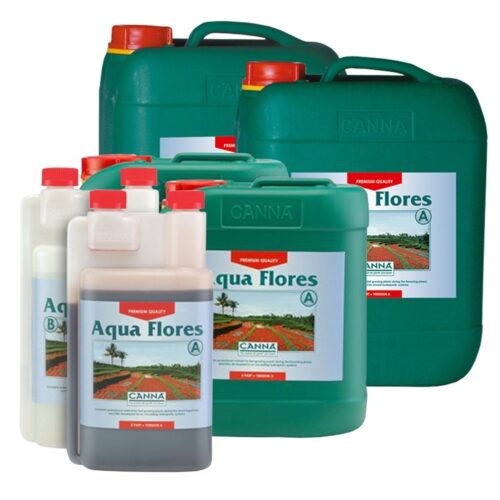


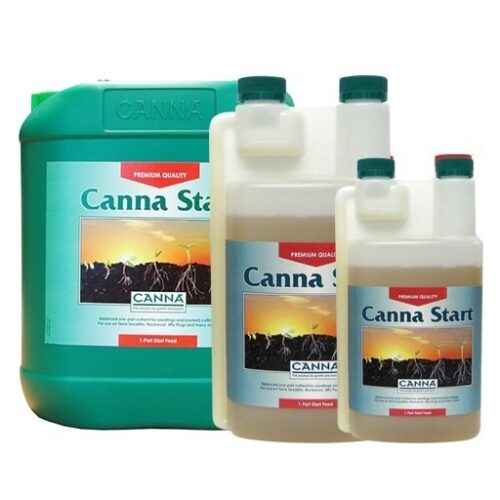
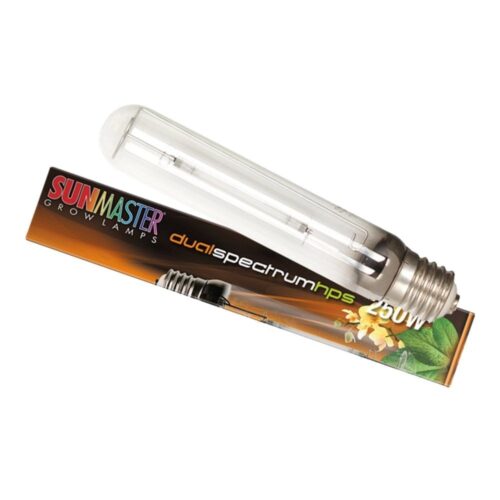
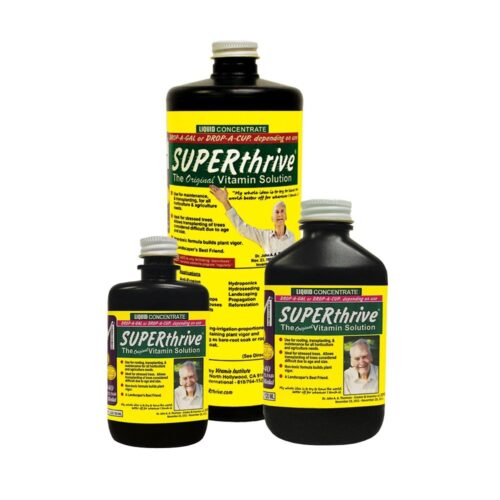
Reviews
There are no reviews yet.